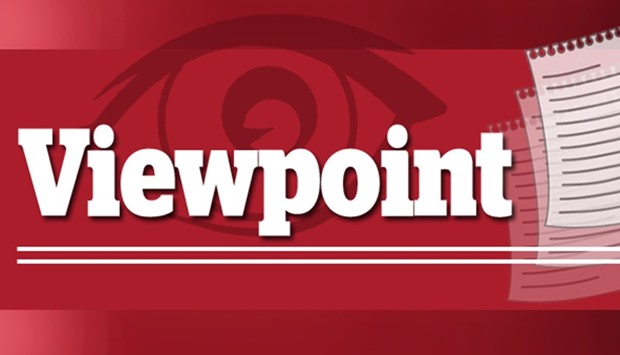After attempting to keep the lid on a slew of crucial issues facing Germany during the campaign, the 63-year-old Merkel is likely to find that her fourth term in office is shaped by plans for new migration and refugee controls as well as issues that could decide Europe’s future.
“It will not be easy for Merkel,” Heribert Dieter, an analyst with the Berlin-based German Institute for International and Security Affairs said.
Overshadowing the new parliament will be the success on Sunday of the populist anti-foreigner Alternative for Germany (AfD) in becoming the first major right-wing party to enter the Bundestag since World War II.
By taking a better-than-forecast 13% of Sunday’s vote, about 90 new AfD members are set to join the Bundestag and emerge as a disruptive force in the new parliament.
A more immediate challenge for Merkel as Europe’s most powerful leader will be charting a new course for the continent.
While Merkel has spent the last few weeks on the campaign trail, officials have been battling to try to keep the fraught Brexit talks on the rails.
In addition, an impatient French President Emmanuel Macron is to outline today details of his plans for a radical revamp of the 19-member currency bloc and the creation of new reinvigorated European order.
Macron agreed to Merkel’s request to delay considering the French leader’s major makeover of the eurozone until after Sunday’s election, part of the chancellor’s effort to keep contentious issues out of the election campaign.
However, the question is just how far the self-professed cautious Merkel is prepared to go in meeting some of Macron’s ambitious proposals for the eurozone.
Those include a separate budget, a finance ministry, a European monetary fund, common borrowing rights and plans to boost the region’s political institutions.
Merkel could also find that Macron’s demand to quickly press ahead with restructuring the eurozone might result in his plans ending up as part of what are already likely to be tough talks to forge a new German coalition government.
Domestic politics could be just as exciting.
After crashing on Sunday to an historic low of 20.7%, the chancellor’s current coalition partner, the centre-left Social Democrats, has decided to go into opposition rather than sign up for another term as the junior member of a Merkel-led government.
This could result in Merkel leading the nation into the uncharted political waters of forging an untried potentially fractious government with the resurgent pro-business Free Democrats and the environmentalist Greens.
On the one hand, the CSU has called for a strengthening of the CSU-CDU right in the wake of AfD vote.
At the same time, there are considerable differences between the Greens and the FDP in areas such as energy, tax and government subsidies.
However, Merkel admitted after the election that one of the first challenges she will face will be dealing with the political fallout from the AfD election success.

